Your Voice, Your Vote: VAT on private school fees
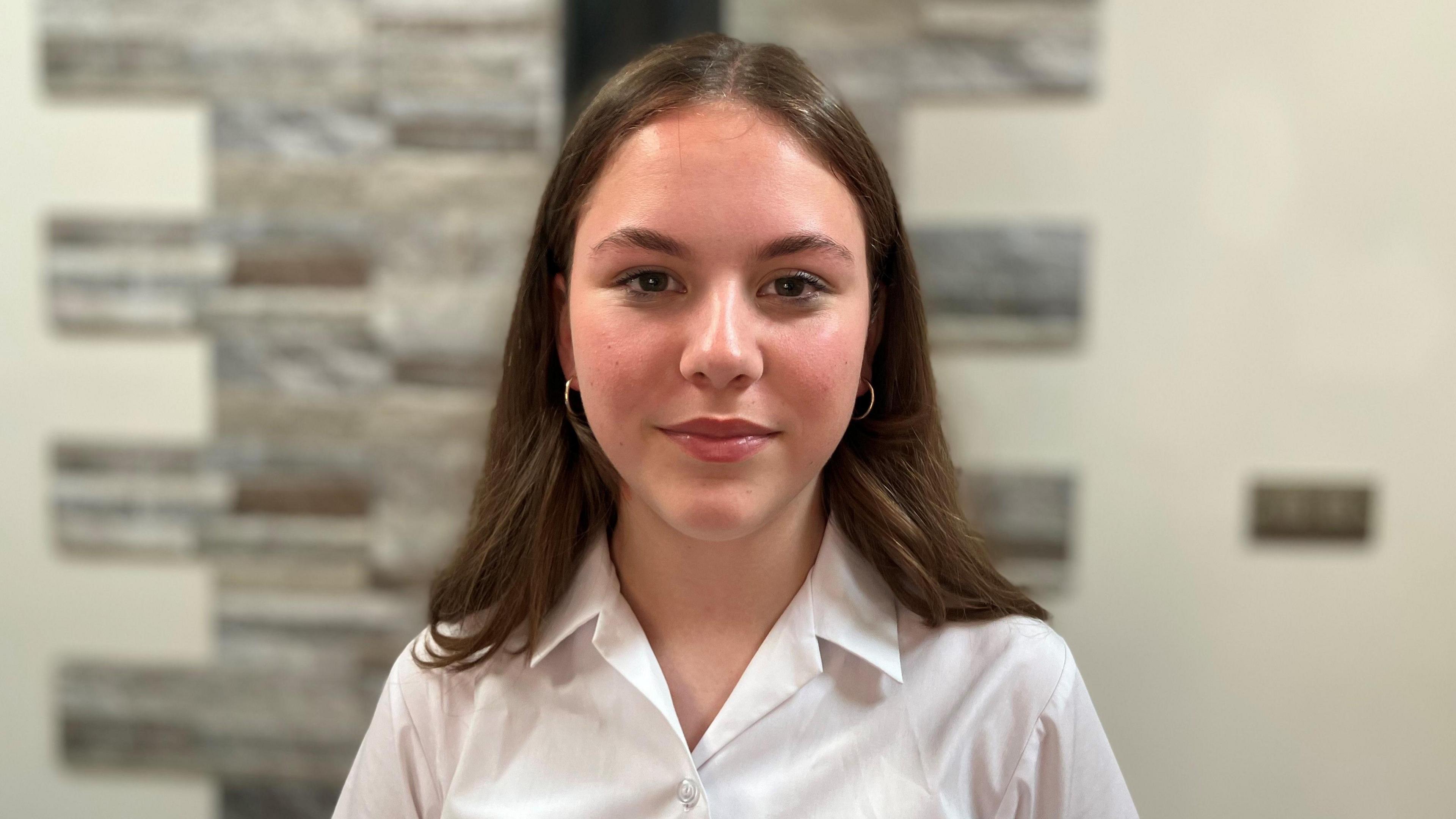
Immi, 15, has attended RGS Worcester since Year 7
- Published
Labour and Green manifesto pledges to add VAT to private school fees are a cause for concern for some families in Worcester.
NHS manager Jo has sent both of her daughters to a private secondary school. But she said she would not be able to afford it if VAT were added to fees.
Worcester's parliamentary candidates have been quizzed on the policy at a hustings event at independent school King's Worcester.
In the run-up to the general election, the BBC is looking at the issues that matter, like this one as part of Your Voice, Your Vote.
'Richest of the rich'
"It will affect my friends... we do talk about it quite a lot, and where we might go" said Immi, 15.
Now in Year 10, she has attended independent school RGS Worcester since Year 7, and praised the school's teachers and drama offer.
"Obviously I'm very privileged to go to private school but it's going to become a place for the richest of the rich".
Immi said she would like to enter the school's sixth form, but expects she will have to leave if VAT charges are introduced.
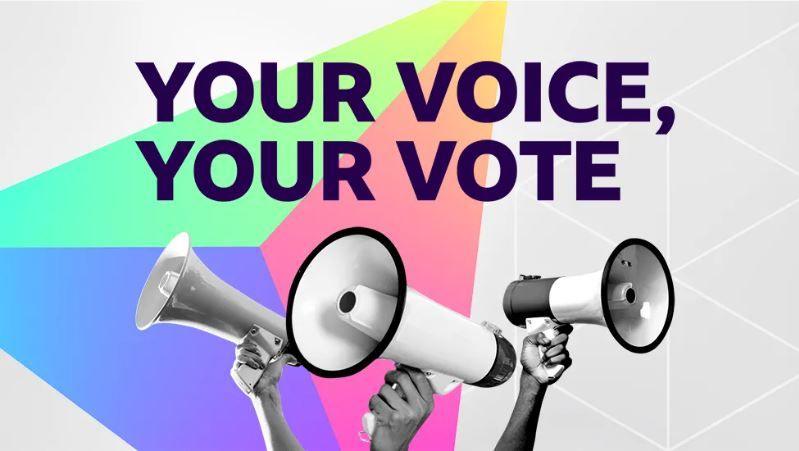
The BBC's Your Voice, Your Vote aims to bring the issues that matter to people to the attention of general election candidates
Immi's mum Jo believes the policy is unfair.
"I've worked for the NHS for 36 years. I've worked evenings, weekend, bank holiday, I've gone without, I drive a 13 year old car, I've not paid off my mortgage" she said.
"But that's my choice... and this policy removes my choice to do that because it will be unsustainable to keep my daughter there".
From September, RGS Worcester's fees will be more than £6,000 a term, though some students get reductions from scholarships.
Under current legislation the price of sending a child to a fee-paying school does not include VAT, at a rate of 20%.
If Labour forms the next government they plan to change that and use the additional tax revenue to train more teachers, citing an estimated shortage of 6,000.
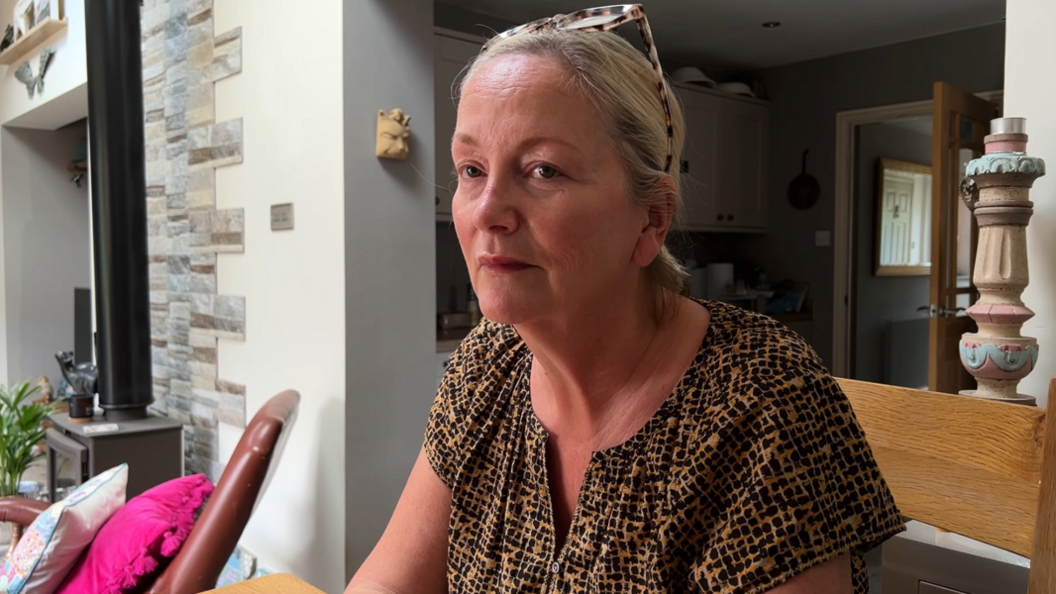
NHS manager Jo said media portrayals of private school parents misrepresented how many were on middle incomes
What will parties do?
At a hustings event at King's Worcester this week, parliamentary candidates were questioned by several parents on their positions on the policy.
Conservative candidate Marc Bayliss said his party would not introduce VAT on school fees, describing the policy as "the politics of envy". He argued the policy was also bad for the state school sector and would prompt an influx of pupils to local schools.
Green candidate and music teacher Tor Pingree said her party would introduce VAT charging, but said improvements were sorely needed in state schools. She added her party would not add VAT for special educational needs placements.
Liberal Democrat candidate Mel Alcott said she had sent her children to private school. She described the VAT policy as a "mean and spiteful tax" which risked separating schoolfriends, and highlighted a shortage of secondary school places in the city.
Labour candidate Tom Collins - who pulled out of attending the hustings - told the BBC state schools were in a state of "absolute crisis". He said the economic picture required "tough choices" to fund improvements.
While he accepted the aspirations of many private school parents, he said a lot of children in Worcester had "zero choice" about their education at present.
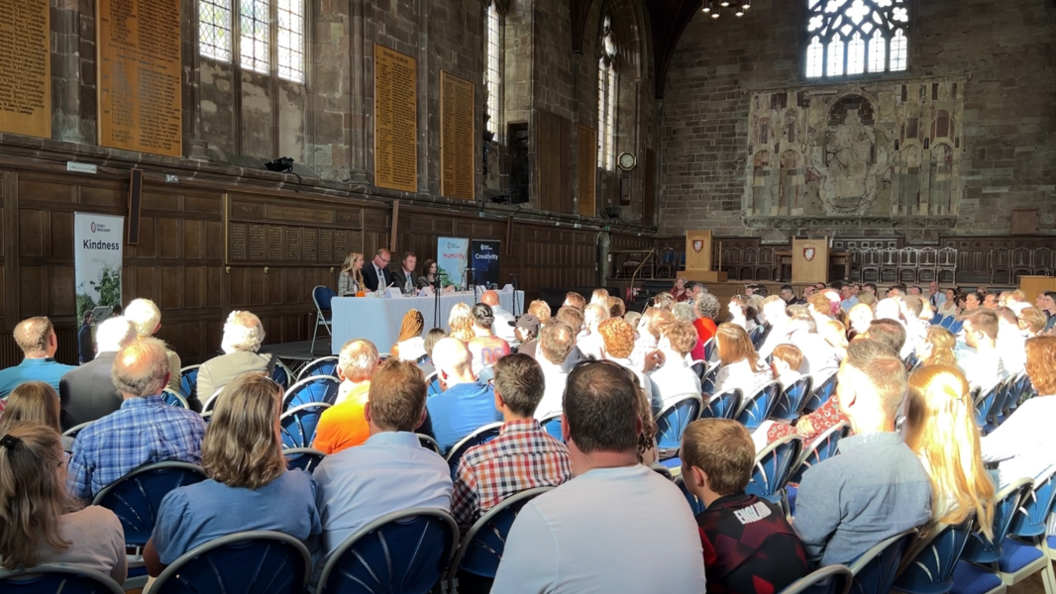
Worcester's parliamentary candidates were quizzed on the policy at a hustings at The King's School
Trade Union and Socialist Coalition (TUSC) candidate Mark Davies, Reform UK candidate Andy Peplow and SDP candidate Duncan Murray did also not attend the hustings.
Reform UK has said it would give private schools tax relief of 20% and put no VAT on fees, to "incentivise" parents to choose independent schools.
Duncan Murray from the SDP said his party believed in freedom of choice and did not support a counterproductive and ill thought out policy .
TUSC's manifesto calls for good, free education for all, under local authority control.
In recent years, Worcester has faced a shortfall of secondary school places, with existing schools taking additional pupils.
This is likely to continue to be required up to 2028, according to Worcestershire County Council, when a new four-form school is expected to open.
Follow BBC West Midlands on Facebook, external, X, external and Instagram, external. Send your story ideas to: newsonline.westmidlands@bbc.co.uk, external
- Published3 July 2024
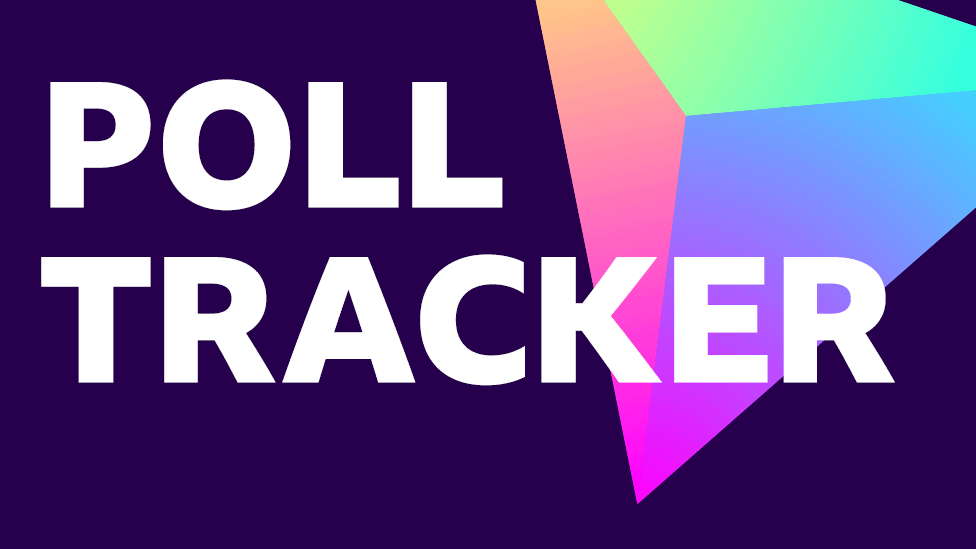
- Published3 July 2024

